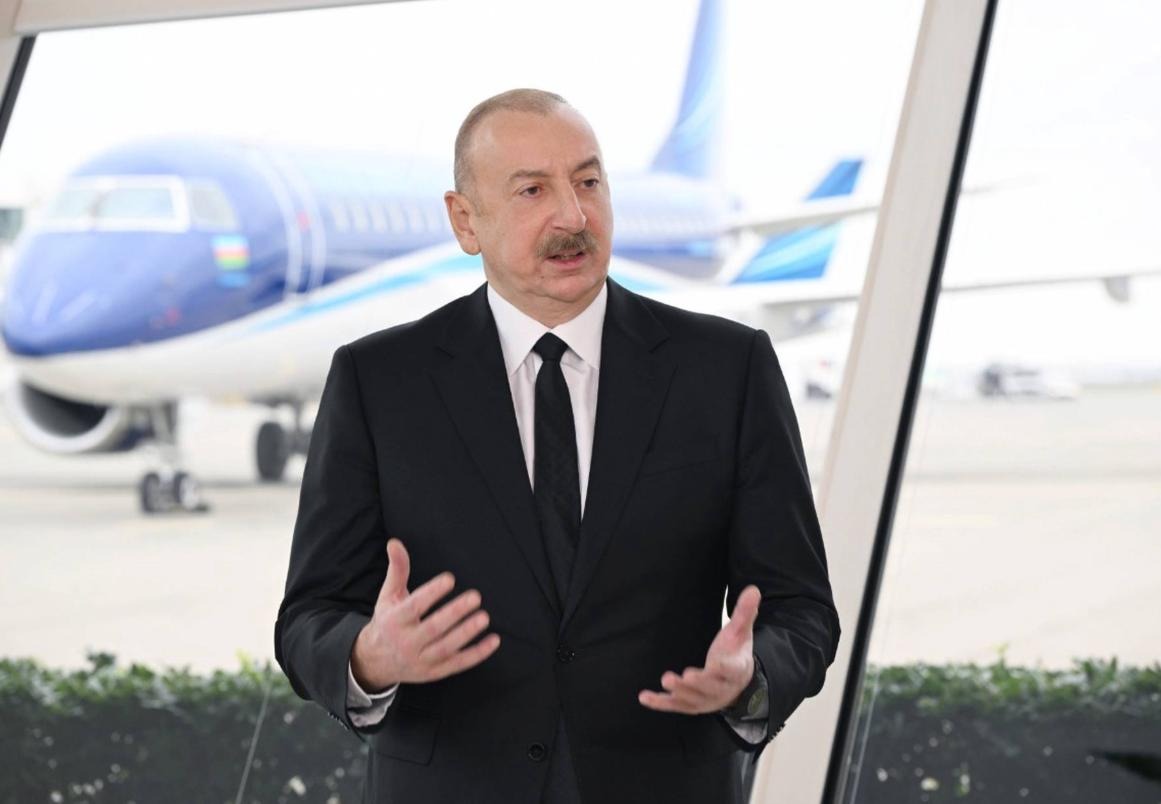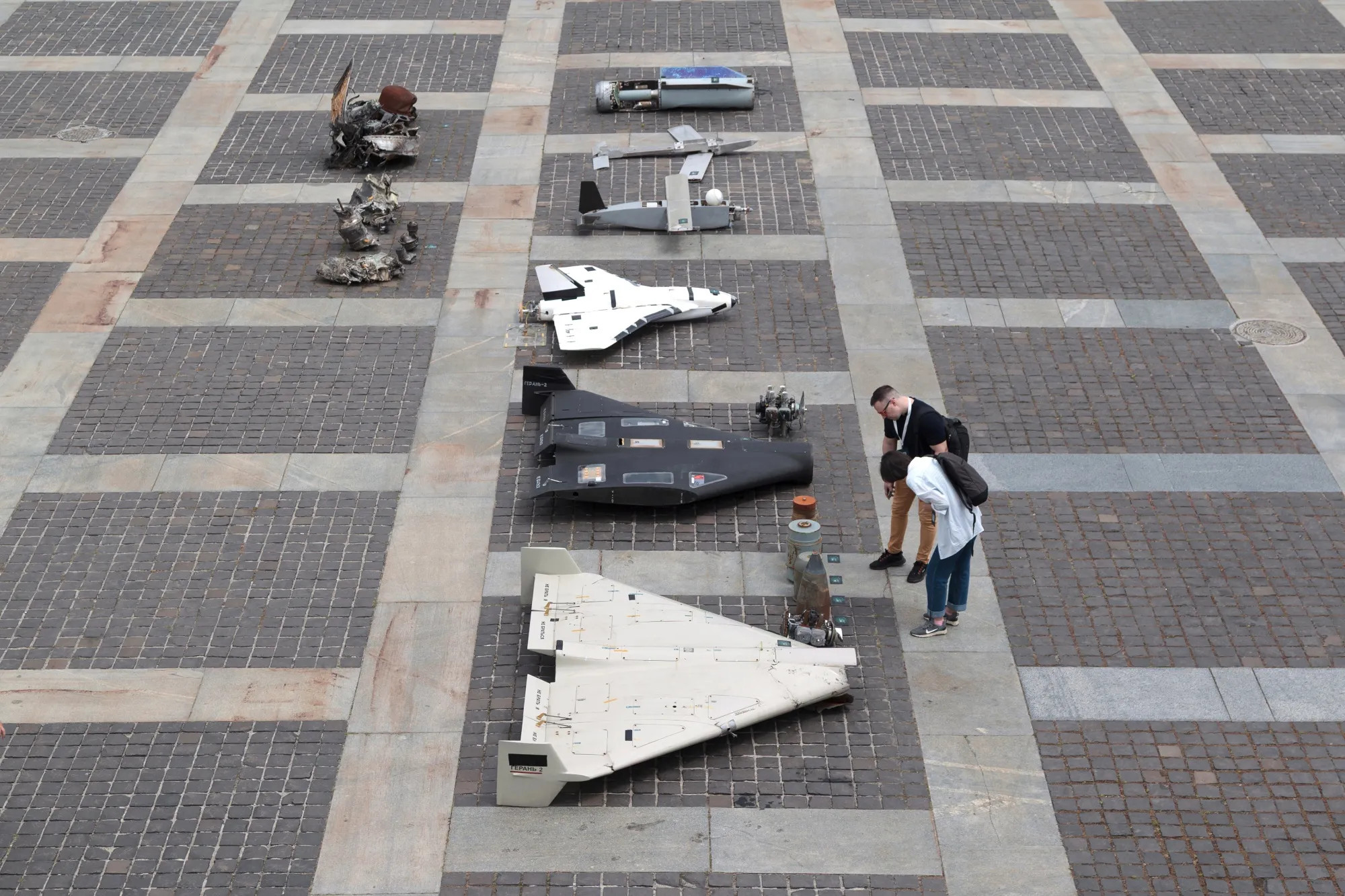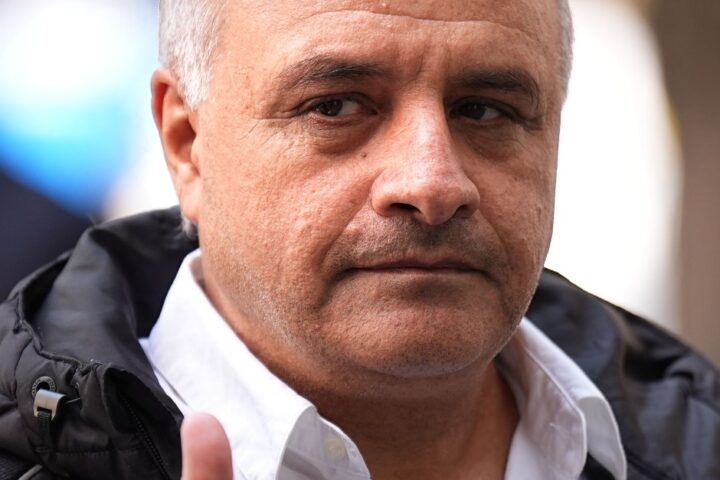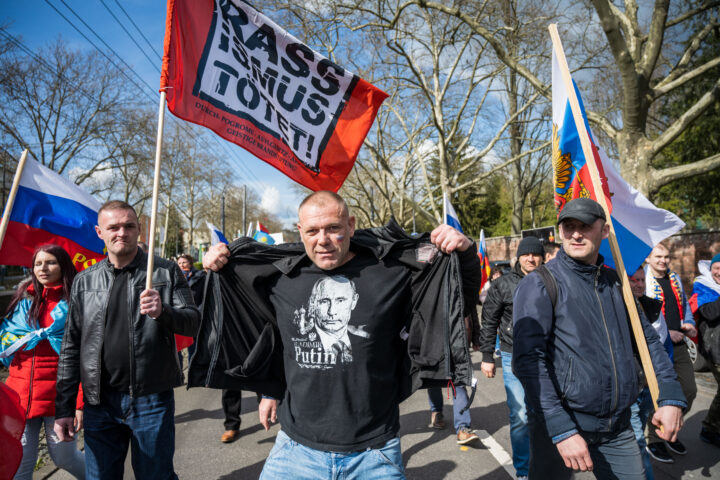Azerbaijan is preparing to initiate legal proceedings against Russia in international courts over the December 2024 downing of an Azerbaijani passenger jet near Kazakhstan, which killed all 38 people on board. President Ilham Aliyev confirmed on July 19 that Baku is finalizing documentation for the lawsuits, citing the lack of cooperation from Moscow and the clarity of the incident’s circumstances.
The aircraft, an Embraer jet operated by Azerbaijan Airlines (AZAL), was en route from Baku to Grozny when it was hit by ground fire and crashed near the port of Aktau on December 25, 2024. Aliyev stated that, despite seven months of formal requests from Azerbaijan’s Prosecutor General to Russia’s Investigative Committee, no substantive response has been provided — only assertions that an investigation is ongoing.
According to Aliyev, the situation is “as clear as day,” yet Russia has failed to take the steps that “any neighboring country would take in such a situation.”
Baku demands accountability and reparations
The Azerbaijani president reiterated the government’s demands for official acknowledgment of responsibility, the punishment of those who ordered or carried out the missile strike, and compensation for victims’ families and AZAL.
He drew a parallel with the investigation of the 2014 Malaysia Airlines Flight MH17 tragedy, which spanned more than a decade: “We are ready to wait ten years, but justice must prevail.” He emphasized that Azerbaijani authorities know exactly what happened and that Russian officials are fully aware as well, further questioning Moscow’s reluctance to act.
Plane crash deepens political rift with Moscow
The downing of the AZAL aircraft marked a turning point in the long-deteriorating relationship between Baku and Moscow. For over three decades, Russia had exerted political influence over Azerbaijan under the guise of mediating the Nagorno-Karabakh conflict — while consistently siding with Armenia.
Following Azerbaijan’s military success in the Second Karabakh War with strong support from Turkey, Baku began pushing back. In April–June 2024, Azerbaijan pressured Moscow into withdrawing Russian peacekeepers from Nagorno-Karabakh 18 months ahead of schedule.
The shooting down of the Azerbaijani jet — reportedly by Russian (Chechen) air defense units — was widely seen in Azerbaijan as a blatant act of hostility. Russia’s failure to take responsibility sparked widespread outrage in Baku and further accelerated the diplomatic unraveling.
Mutual detentions and expulsions escalate tensions
Bilateral ties worsened dramatically in June 2025 when a wave of arrests targeting Azerbaijanis in Russia — including several deaths in custody — prompted Baku to detain undercover FSB operatives working in the Russian state-funded Sputnik Azerbaijan news outlet. Azerbaijani authorities then shuttered Russian cultural institutions, including the “Russian House” in Baku.
These events signaled a new phase in Azerbaijan’s strategic decoupling from Russia. Baku now openly leans toward Turkey and the West, reaffirming its close partnership with Ukraine, to which it regularly sends humanitarian aid and diplomatic support.
Moscow’s shrinking influence in the South Caucasus
Russia’s eroding leverage in the South Caucasus is prompting aggressive countermeasures, with experts warning of possible economic retaliation and provocations near Azerbaijan’s borders. In response, Baku is in talks with Ankara about hosting a Turkish military base on Azerbaijani territory — a potential game-changer in the region’s security balance.
Aliyev’s statements and legal push reflect a broader geopolitical realignment, as Azerbaijan asserts its sovereignty and signals it will no longer tolerate Russia’s double game in the region.











